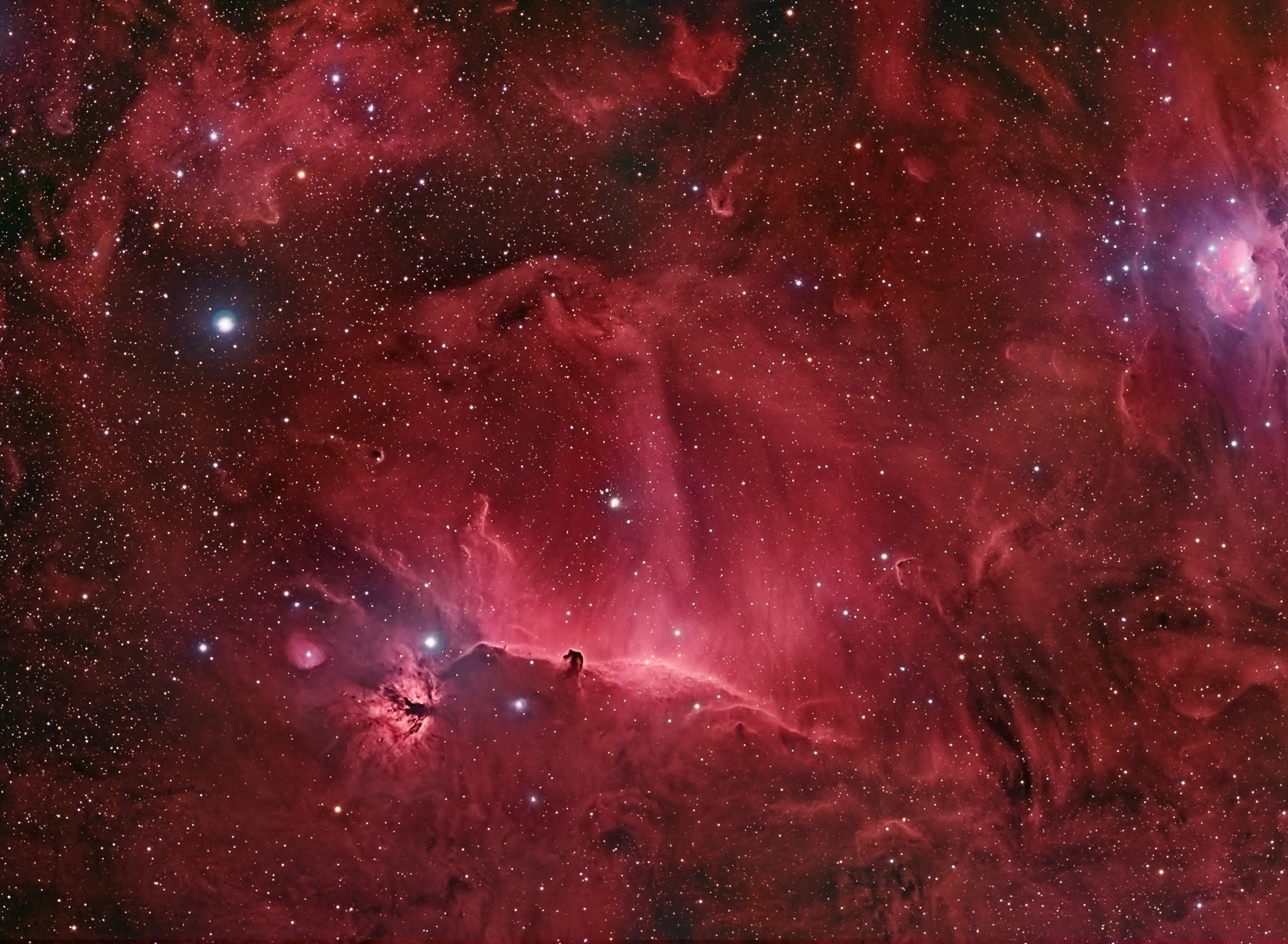Meteor showers are some of the most exciting spectacles to watch in all of astronomy. However, the best views require dark, clear eastern skies and a willingness to be awake when most people are sleeping. And this time of year, they require warm clothes! If skies are clear, the Leonid Meteor Shower should be visible this weekend during the morning hours of November 17-18 and 18-19.
Meteors are tiny bits of rock and dust that enter the earth's atmosphere and burn up. These bits of rock and dust are floating in long orbits in space and the earth "runs into" these clouds of rock and dust. Because the earth is moving so fast, the rocks and dust that are struck by the earth heat up from the friction of earth's atmosphere. The result of this are brilliant streams of light that are often called "shooting stars" but aren't stars at all, just very small visitors that shine briefly and flicker out.
Most major meteor showers repeat on an annual basis. Why is that? The bits of dust and rock that cause meteor showers are typically the remnants of a comet or other object in the Solar System which moved across the sky tens, hundreds or even thousands of years ago. The debris trail marks the path that the comet took some time ago. If that path intersects the earth's orbit then we experience a meteor shower each time the earth passes that specific point in space. Many people are familiar with a summer meteor shower that takes place around August 11-12. This shower is called the Persied Meteor Shower and is one of the best of the year.
The meteor shower coming up this weekend is called the Leonids and it is the result of a comet known as Temple-Tuttle (comets are usually named after their discoverers). The shower is called Leonids because the comets appear to originate in the part of the sky where we find the constellation Leo the Lion. This constellation does not rise in the east until very late in the night and as such, we don't get a good view of the Leonids meteors until after midnight. You won't see all of them at once but rather one every few minutes if conditions are good. Dawn does not break until 6:00 am each day this weekend so I will be looking out at 5:30 or so instead of staying up until 2:00 or 3:00 in the morning. How about you?
15 November 2006
Subscribe to:
Posts (Atom)




